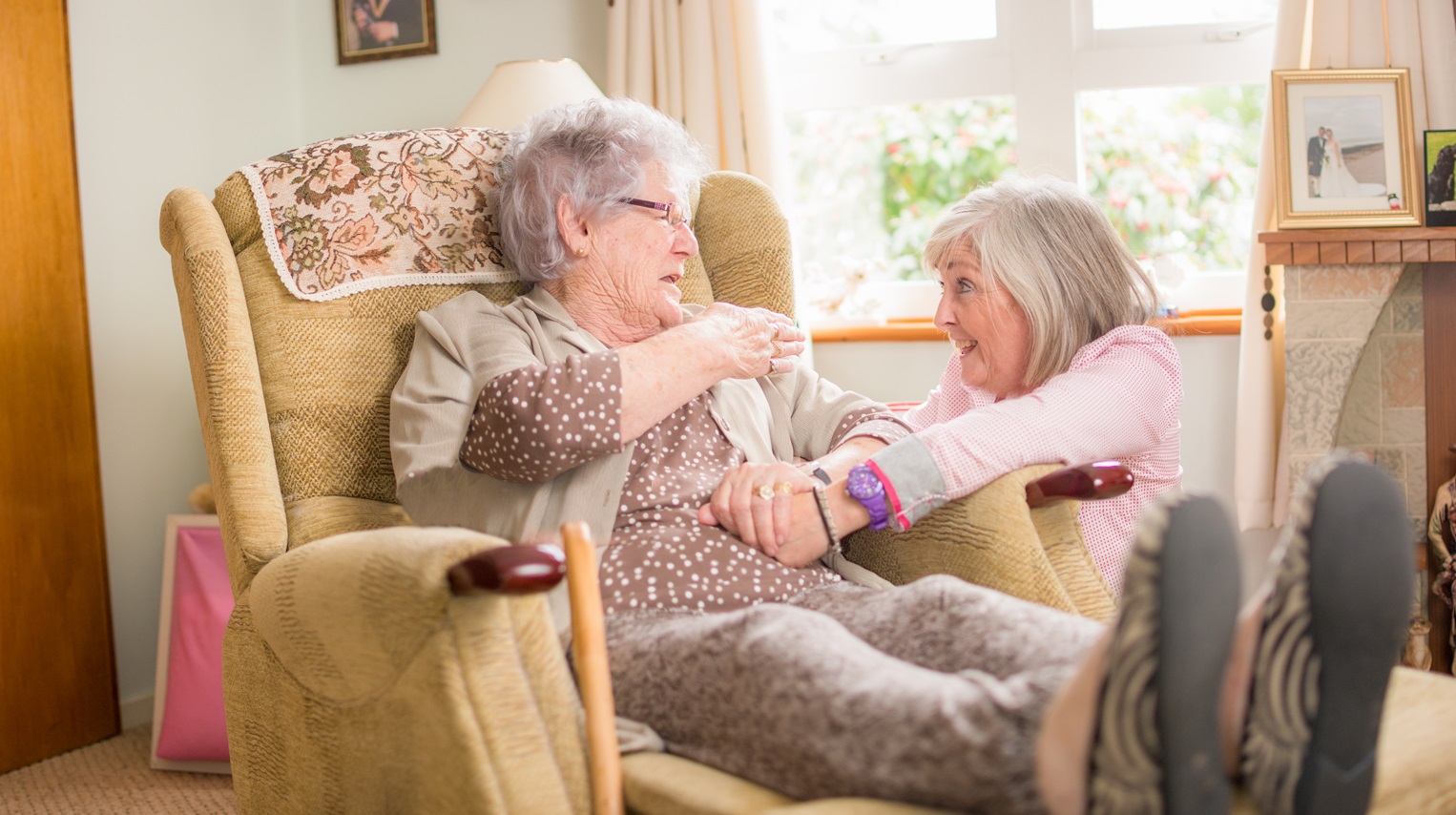Care is in crisis. This is not an idle soundbite. According to Age UK, the care system will start to collapse in 2017.
At a high level, the problems seem simple. Demand for care is increasing, while funding is being cut. We have an ageing population and there are more people with long-term conditions such as dementia. Incredibly, despite increased demand, local authority spending on care for older people has fallen by 17 per cent in real terms since 2010. They call it Austerity.
Care providers are being asked to do more for less – and they are finding it tough. Providers are withdrawing services or not bidding for financially unviable contracts. In some cases, they are going out of business. The private sector can no longer make enough profit to stay interested and local authorities have moved away from delivery (often for good reasons).
The issues go beyond demographics and economics. I’m not pointing the finger of blame at anyone – this is a difficult issue. There are wider systemic and cultural issues at play.
But it seems clear that we have commoditised care. And by doing so, we have devalued it.
We commission the shortest care visits possible – one in five councils in England are still commissioning 15-minute social care visits. And we pay our carers as little as is legal. One million frontline care workers received a pay raise with the introduction of the National Living Wage. Are humans equipped to care or feel cared for in 15-minute bursts? It’s not a system you would design from scratch. It is the sort of system that evolves through decades of hard choices.









